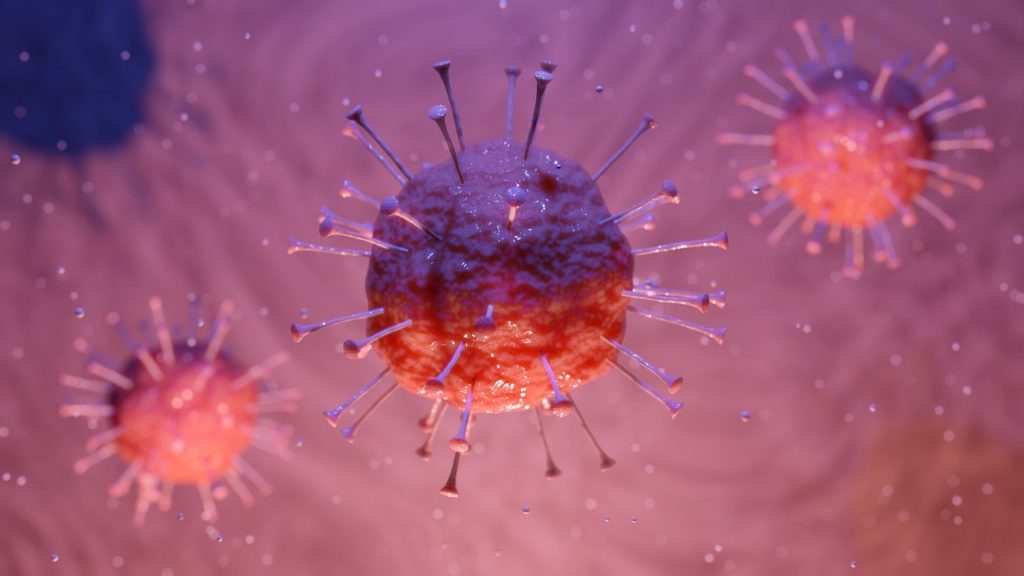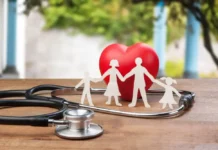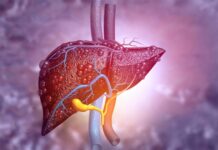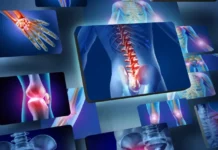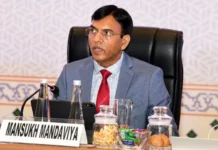NEW DELHI: An anti-Covid consortium of experts with the assistance of Department of Biotechnology is working towards producing therapeutic antibodies against Covid-19.
In India, one such effort is being led by Vijay Chaudhary at the University of Delhi South Campus-Centre for Innovation in Infectious Disease Research, Education and Training (UDSC-CIIDRET), with the support of the Department of Biotechnology in the Ministry of Science and Technology.
Chaudhary’s group is isolating genes encoding antibodies, which can neutralise the SARS-CoV-2, using a large antibody library already available in-house as well as a library made from cells of patients who have recovered from COVID-19 infection.
These antibody genes will be used to produce recombinant antibodies in the laboratory, which, if successful in neutralising the virus, will become a perennial source of antibodies against this virus, both for prophylactic and therapeutic purposes.
This work is being undertaken as part of an Anti-Covid consortium under the leadership of Chaudhary and involving Amulya Panda at National Institute of Immunology and Sanjay Singh at Gennova Biopharmaceutical Limited, Pune (GBL).
Covid 19 is caused by the novel SARS coronavirus-2 (SARS-CoV-2) and it is resulting in many deaths. However, a large number of infected people are also recovering despite not having any specific treatment. This is because of antibodies produced within the body in response to the virus invasion.
Over the years, passive transfer of antibodies obtained from the plasma of convalescent patients cured of infection has been used for treatment of numerous disease conditions such as diphtheria, tetanus, rabies and ebola.
Today such therapeutic antibodies can be produced in the laboratory by DNA-based recombinant technologies. Efforts are in full swing globally to produce therapeutic antibodies against SARS-CoV-2, a statement by Department of Biotechnology said.

